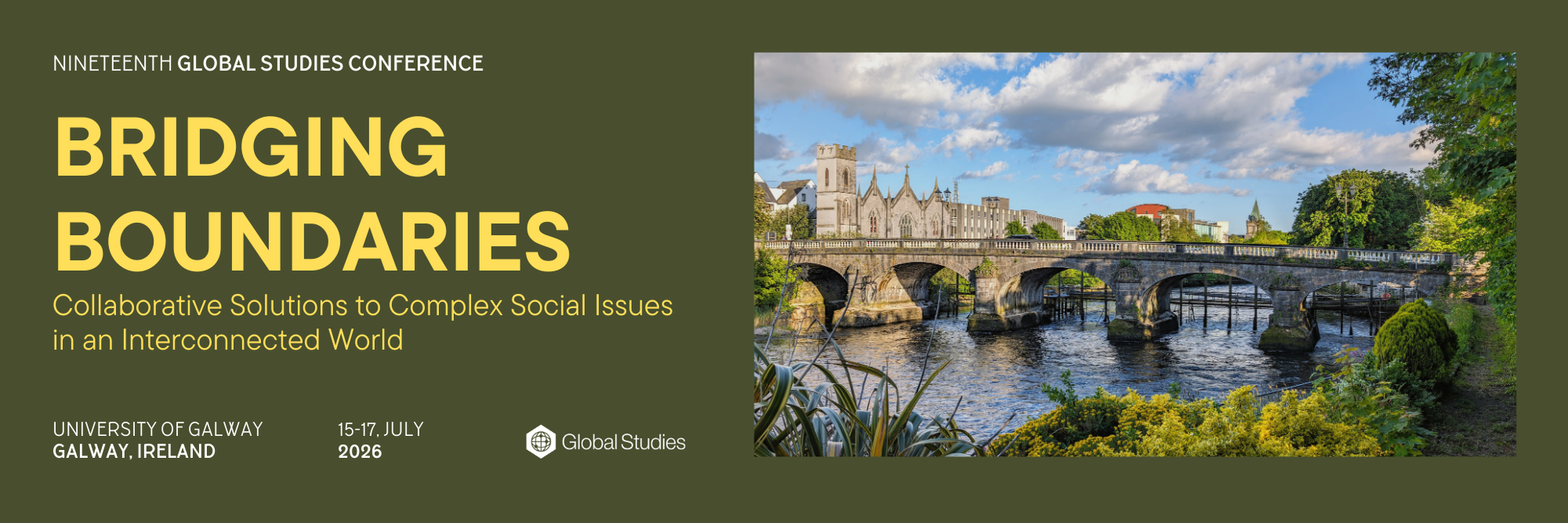Abstract
This study discusses how to teach the science of climate change as a call for introducing critical thinking in science teacher education programs and professional development to provide a collaborative solution to the complex social issue of climate change denialism. It can be argued that the complex social issue of climate change denialism requires the science student to develop his/her critical thinking skills to think outside the box—so teachers must work to overcome their students’ own dogmatic beliefs, hardened biases, and motivated and/or distorted reasoning. Accordingly, this paper shows how teacher education programs and professional development providers should change their methods and strategies by providing a framework to overcome the key elements of the problem of teaching the science of climate change—providing some high-quality resources to help overcome climate change denialism with practical ideas made available for teachers at all levels.
Presenters
Isidoro TalaveraPhilosophy Professor and Lead Faculty, College of Arts and Sciences, Franklin University, Ohio, United States
Details
Presentation Type
Paper Presentation in a Themed Session
Theme
KEYWORDS
DOGMATIC BELIEFS, HARDENED BIASES, MOTIVATED AND/OR DISTORTED REASONING, CRITICAL THINKING SKILLS, SCIENTIFIC KNOWLEDGE, COGNITIVE DISSONANCE, LOGICAL ARGUMENTS, SCIENCE STUDENT, SCIENCE TEACHER, COLLABORATIVE SOLUTION, COMPLEX SOCIAL ISSUE, CLIMATE CHANGE DENIALISM

